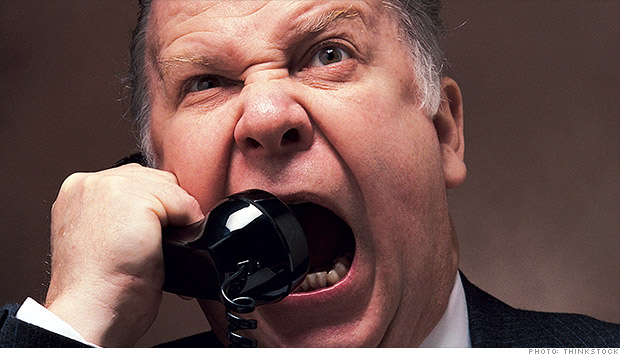
Donald Trump certainly has been in the news a lot recently. Whatever you think about his politics or show business credentials, the man clearly knows his way around a United States Bankruptcy court.
A brief review of bankruptcy court information reveals that Donald Trump’s organizations have filed at least five bankruptcies since 1990. Each of these bankruptcy cases were filed under Chapter 11. Chapter 11 bankruptcy allows a person or a corporation to reorganize their debts under the supervision of the bankruptcy court.
Most Chapter 11 cases are for very large businesses or wealthy individuals. Think 50 Cent, or General Motors — they both filed Chapter 11 bankruptcy to help reorganize their respective debts.
Donald Trump’s first Chapter 11 case was related to his Taj Mahal casino and resort in Atlantic City. The casino, opened in the spring of 1990, was forced into Chapter 11 in November of that same year, presumably because the business could not support the large amount of debt payments associated with the resort’s construction.
Trump Plaza Hotel was forced into Chapter 11 bankruptcy in 1992 — again because of a crushing debt load.
All things bankruptcy was quiet for Donald Trump until 2004, when Trump Hotels & Casino Reports rushed into bankruptcy court. The bankruptcy filing gave the corporation additional leverage for Donald Trump to work out deals with his creditors. The company emerged from bankruptcy as Trump Entertainment Resorts Holdings.
Trump Entertainment Resorts Holdings needed to declare bankruptcy again in 2009, now having accumulated over $1.2 billion in debt. Trump and his creditors tussled over who would control the resorts and whether Donald Trump’s name would remain on the business. Trump and his creditors ultimately came to an agreement with the assistance of the Bankruptcy Court.
Donald Trump’s most recent bankruptcy filing was in 2014. Trump Entertainment Resorts Inc declared bankruptcy again, how reporting debts somewhere less than $500 million. This bankruptcy case is still open, with the court approving the Chapter 11 reorganization plan in March of 2015.





